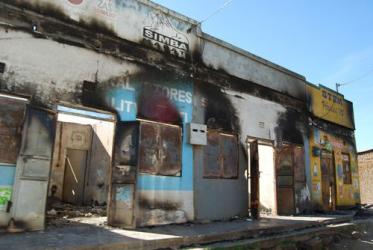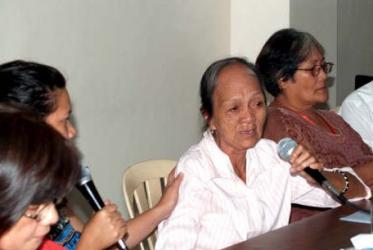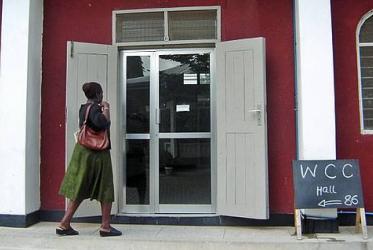Displaying 1901 - 1920 of 2458
"We hope to contribute to the progress of the ecumenical movement"
20 February 2008
Three statements pay attention to elections
20 February 2008
HIV/AIDS: "We can't be silent"
19 February 2008
WCC welcomes two new member churches
13 February 2008







